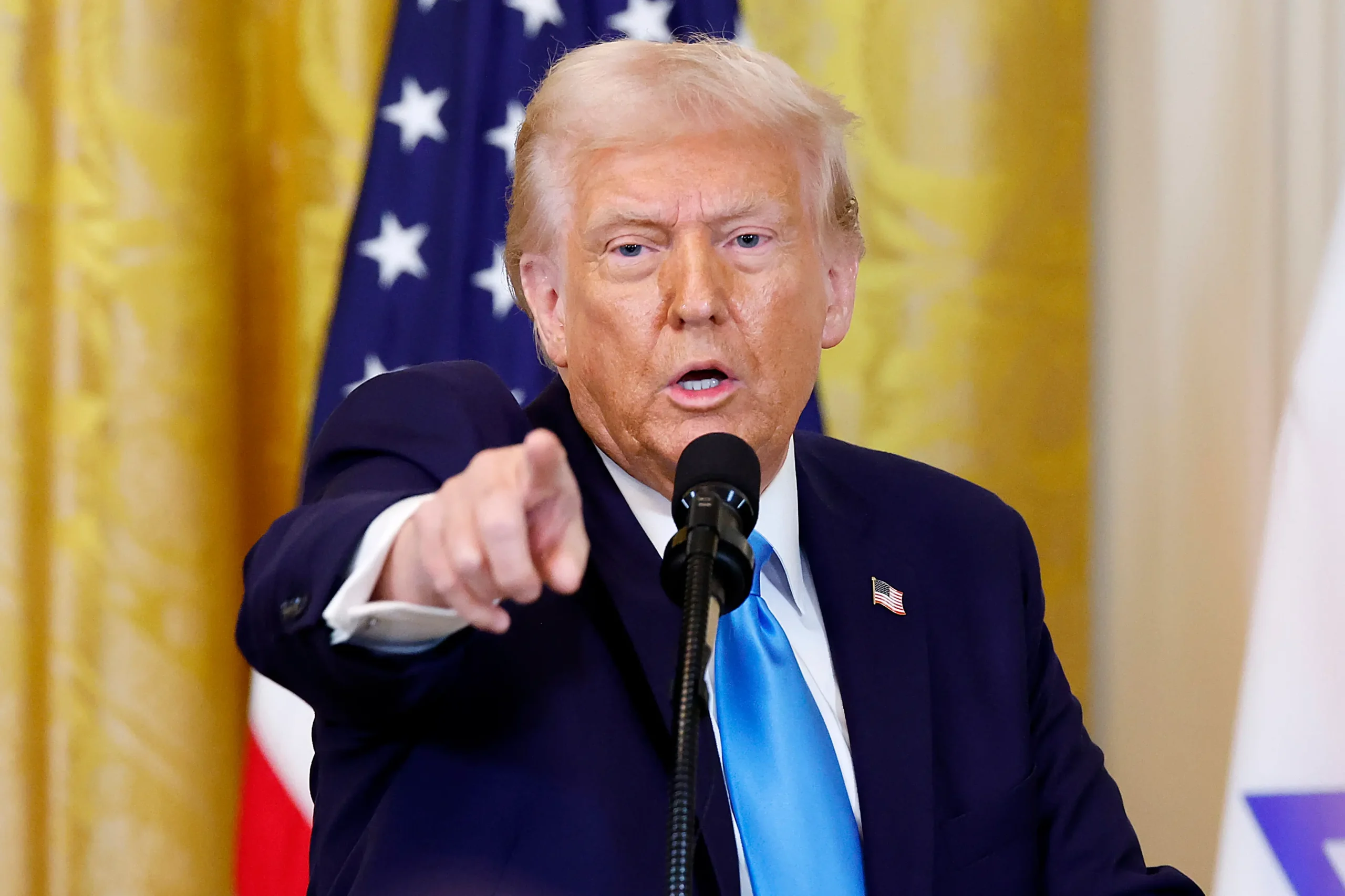The US Securities and Exchange Commission (SEC crypto enforcement shift) is altering its enforcement stance, and the cryptocurrency business is reducing the severity of its crackdowns. The present administration has been undergoing a broader regulatory shift, and this action signals a more relaxed stance toward digital assets.
Departure from Aggressive Enforcement
Under former chair Gary Gensler, the SEC took a hard “regulation-by-enforcement” stance on cryptocurrency, resulting in many high-profile cases. In June 2024, the SEC‘s most significant enforcement action against Ethereum was a $4.47 billion settlement with Terraform Labs and its former CEO, Do Kwon.
But new numbers show that these things are happening far less frequently. In Gensler’s last year on the job, there was a 30% decrease in enforcement cases involving cryptocurrency, from 47 in 2023 to 33 in 2024. Total fines hit a record $5 billion, driven mainly by the Terraform Labs settlement, although this figure was lower.
Leadership Changes Prompt Regulatory Shift

The recent leadership transfer at SEC News on Bitcoin has dramatically impacted this change in regulation. The present administration’s appointee to acting chair, Mark Uyeda, has begun to reassess the SEC’s position on digital assets. One of his initial acts was the contentious Staff Accounting Bulletin 121, which mandated that banks and other financial organizations record cryptocurrency holdings as liabilities. With the repeal, conventional banks will no longer be subject to onerous capital requirements while providing crypto custody services.
Broader Implications for the Crypto Industry
This regulatory loosening is not limited to the SEC. The Manhattan US Attorney’s Office also intends to lessen its emphasis on cryptocurrency offenses. It’s decided to be red. The office’s focus on cryptocurrency cases indicates a more significant change in enforcement priorities following a string. However, there are high-profile convictions, including one against FTX founder Sam Bankman-Fried.
The cryptocurrency community has reacted positively to these developments. Experts believe digital assets will be more widely used and timely if regulations are. The administration, like Paul Atkins, as the potential chair of the SEC, demonstrates the SEC’s attitude toward innovation and investor protection.
Concerns regarding investor protection remain even though regulations seem to be moving in favor of the cryptocurrency industry. Critics say a significant drop in enforcement might worsen fraud and market manipulation. Finding a balance between encouraging innovation and protecting the stability of financial markets will be a considerable task for regulators.
Final thoughts
Finally, the SEC’s decision to reduce crypto enforcement has been a watershed event regulating digital assets. Following this new strategy, the priorities are developing a regulatory framework, advancing technologically, and protecting investors.


